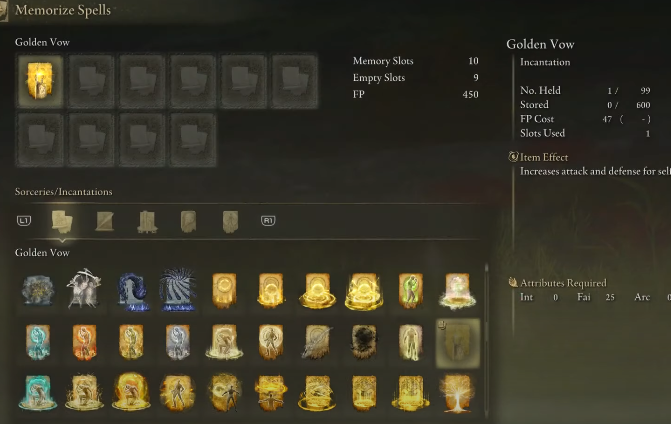In the vast and intricate world of Elden Ring, a game that intertwines lore, gameplay, and philosophical dilemmas, one of the most profound themes explored is the tension between predestination and free will. Players are thrust into a universe where their every action and choice seem to be guided by an unseen hand, yet they are constantly faced with the illusion of choice. Central to this narrative are the mysterious Elden Ring runes, which are imbued with power and fate, and they serve as both tools of influence and symbols of control over the world. As players traverse the Lands Between, they are forced to reckon with the idea that their destiny may already be written, or that they might still possess the ability to carve their own path.
The concept of predestination is woven into the game’s mythos, where the gods, great powers, and even the Elden Ring itself seem to dictate the course of events. The very structure of the world appears to be shaped by an ancient design that governs everything from the rise of kingdoms to the fall of heroes. Characters in Elden Ring often speak of fate, prophecy, and inevitability, suggesting that no matter how hard one struggles, certain outcomes may be unavoidable. In this universe, the Elden Ring runes can be seen as symbols of that control, representing the fundamental forces that guide the destinies of the characters and the world.
However, Elden Ring Runes also presents a counterpoint to this idea with the theme of free will. The player's role as the Tarnished, a character chosen to wield the Elden Ring's power, challenges the notion of a predetermined fate. The Tarnished has the ability to defy gods, question prophecies, and make decisions that shape the course of their journey. This sense of agency is particularly evident when players are given the choice to align with different factions or make moral decisions that will impact the ending of the game. While the Elden Ring runes represent the power of fate, the player’s choices serve as a reminder that there is always room for resistance, for rebellion, and for the assertion of free will.
As players venture through the game's world, they will find themselves questioning the nature of the world around them. Are they merely following a path laid out by forces beyond their control, or are they actively shaping their destiny? The balance between predestination and free will is a constant undercurrent throughout the gameplay, and it is through the acquisition and use of cheap Elden Ring runes that players gain a deeper understanding of this paradox. While the runes can be used to enhance the player’s abilities, they also serve as a reminder of the inherent conflict between the power of fate and the desire for self-determination.
The tension between predestination and free will is not only a central philosophical theme in Elden Ring but also a reflection of the broader existential questions that players grapple with in real life. The game encourages players to reflect on their own choices and the extent to which they control their own destiny. In a world where fate often feels like a heavy hand upon one’s shoulder, Elden Ring offers a unique opportunity to explore these themes in a deeply interactive and immersive way.
In conclusion, Elden Ring masterfully weaves the philosophical themes of predestination and free will into its narrative and gameplay. Through the use of Elden Ring runes and the player’s ability to make choices that affect the world, the game invites players to ponder whether they are mere puppets of fate or powerful agents of change. This dynamic tension makes Elden Ring not just a game, but a profound exploration of one of humanity’s most enduring questions: to what extent are we the masters of our own destiny?

